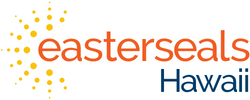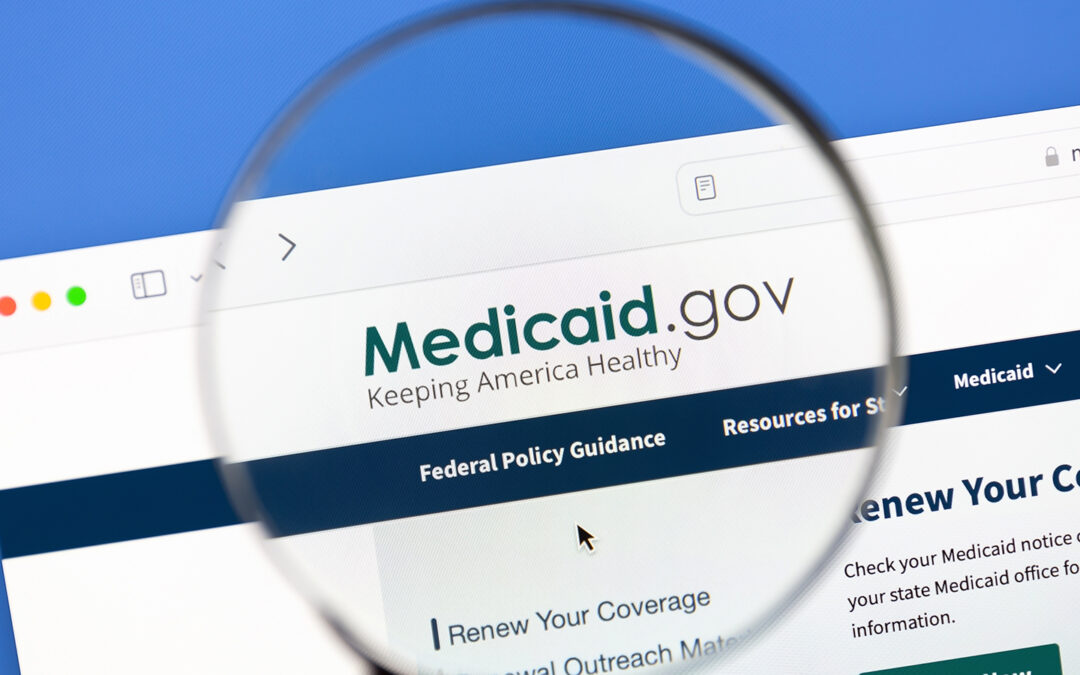Medicaid is a public health insurance program that helps people with disabilities, as well as people and families with lower incomes, get medical care. The program is paid for by both the federal government and each state. Because of this, the rules and services can look a little different depending on where you live.
What Medicaid Covers
Medicaid may pay for:
- Doctor visits and check-ups
- Hospital stays
- Medicines from the pharmacy
- Long-term care, such as nursing homes or daily support for people with disabilities
- Specialized services for children and adults, like Applied Behavior Analysis (ABA), adult day health programs and respite care in many states
Who Qualifies
To get Medicaid, you usually need to meet income limits or have a disability. Families, children, pregnant people, older adults and people with disabilities are the groups most often covered.
Why It Matters
At Easterseals Hawaii, our policy and advocacy team works hard to protect Medicaid. We believe it is vital for public health and wellbeing. We also want to make sure it stays available for the people who depend on it. Medicaid can feel complicated, so here is a short overview of what is happening at both the federal and state levels.
Federal Level: Recent Changes
In spring 2025, Congress passed a law called the “Big Beautiful Bill” (HR 1). It changes how Medicaid is funded. Here are the main points to know:
- Eligibility Limits: People with disabilities should keep their coverage, but new paperwork rules may cause some to lose it. Some disability service providers may also lose coverage if they cannot meet the new rules.
- Work Requirements: Most Medicaid recipients must now show 80 hours of work or related activities each month. People with disabilities and others who qualify for exemptions will not have to meet this rule.
- Funding Mechanisms: States can no longer rely on some funding tools, such as provider taxes. This limits how states like California can get federal matching funds.
- HCBS Expansion: States may expand Home and Community-Based Services (HCBS), but many will not have enough money to do so.
State Level: What to Expect
As these federal changes take effect, California will need to adjust its budget. This may mean less money for some services, including adult day programs and other HCBS supports.
- Budget Balancing: States may need to cut services or find new ways to raise money. “Discretionary” services like HCBS are most at risk.
- Advocacy Opportunities: There will be chances to speak up for the services you value most. Policymakers will need ideas and input as they look for savings.
To get more involved with the advocacy work being done at Easterseals Hawaii and learn how your voice and experience can make a difference, click here.

